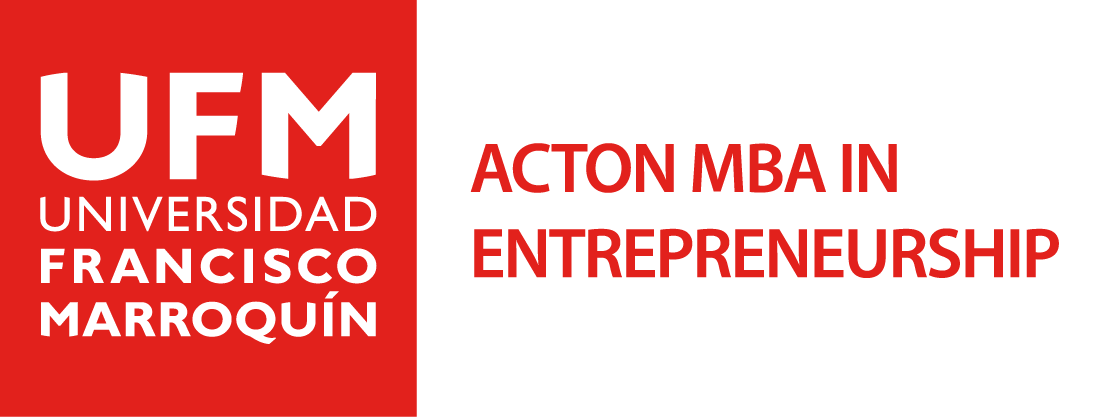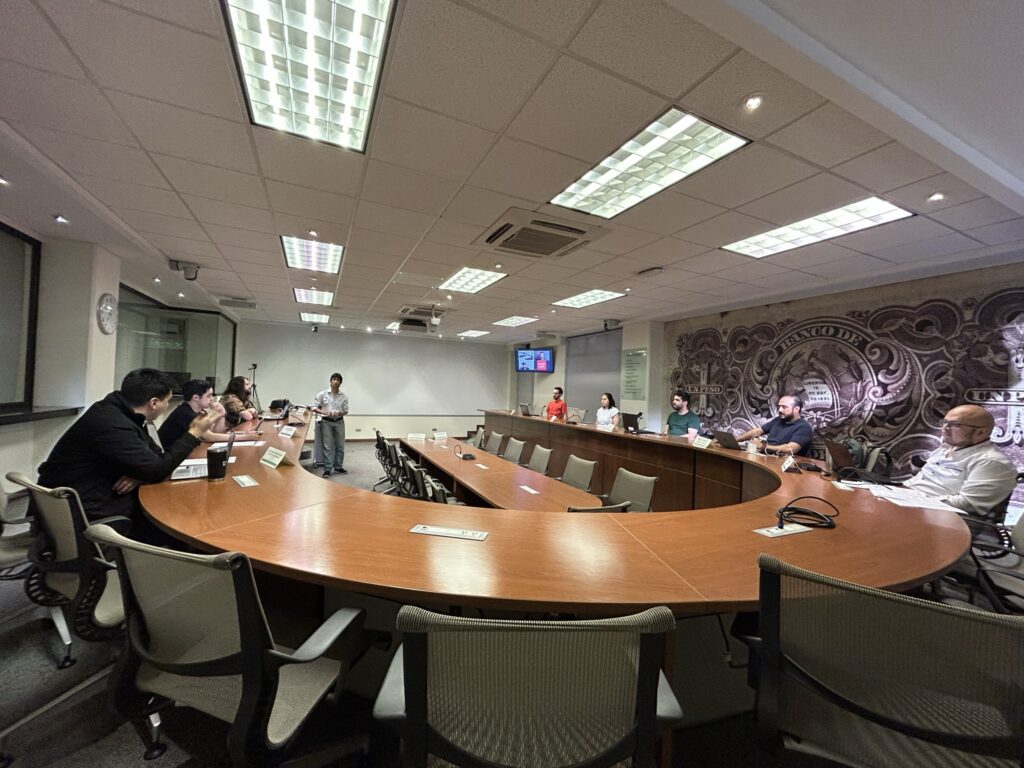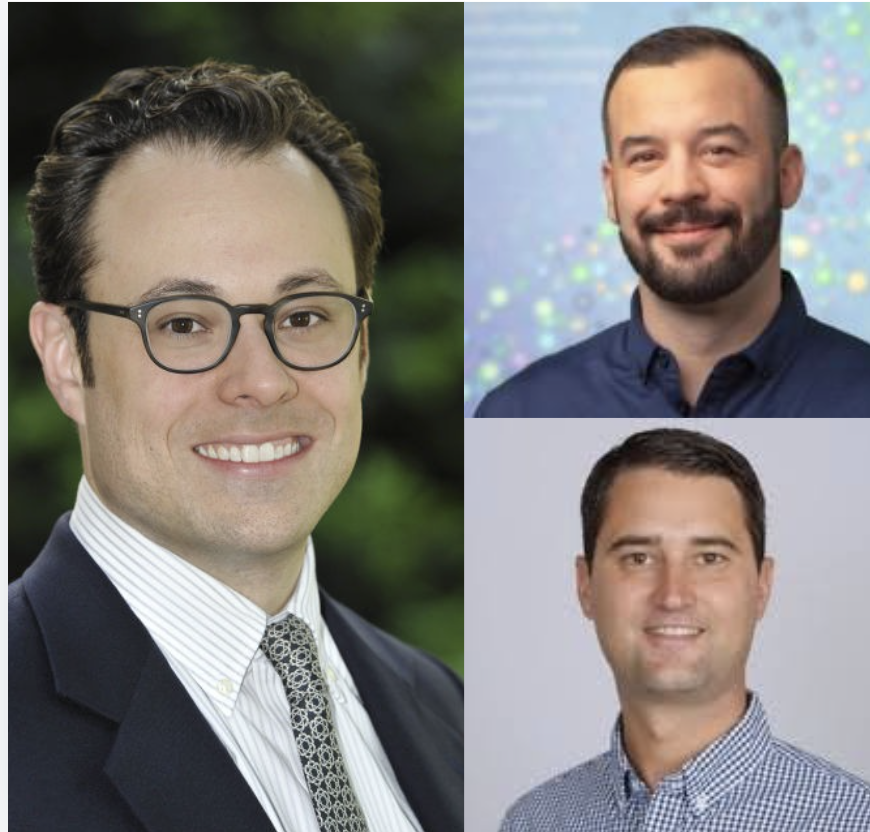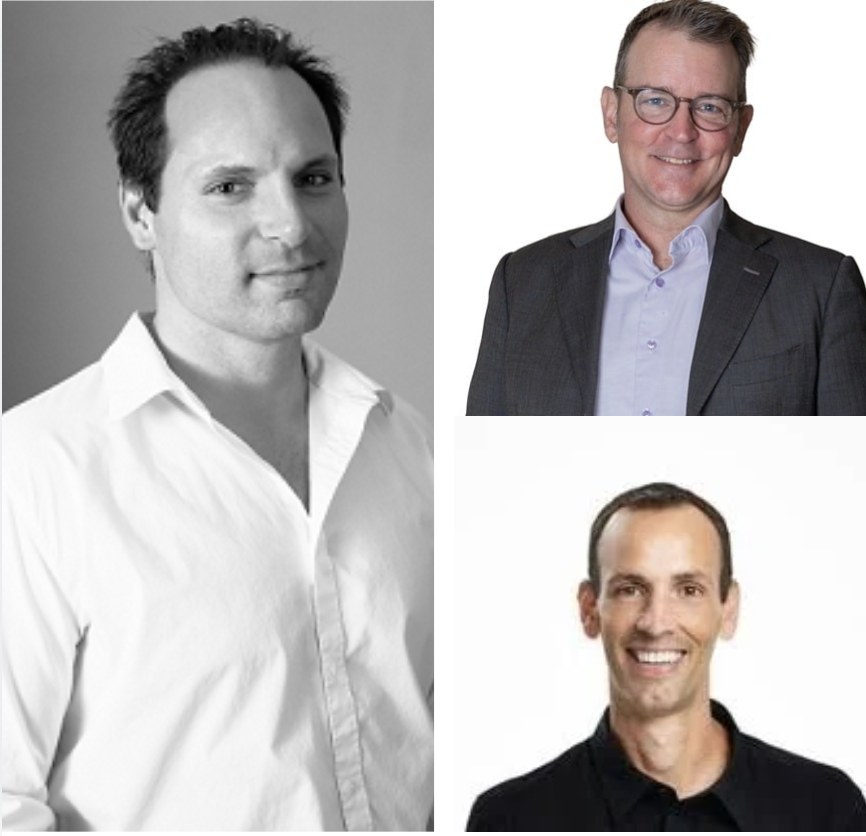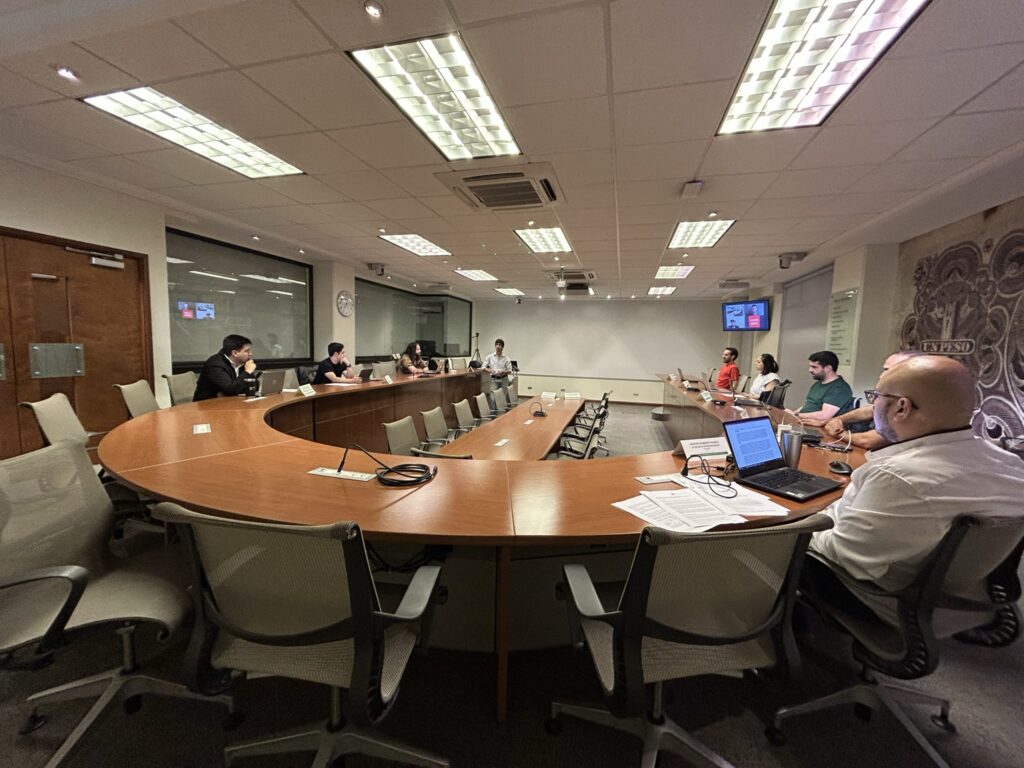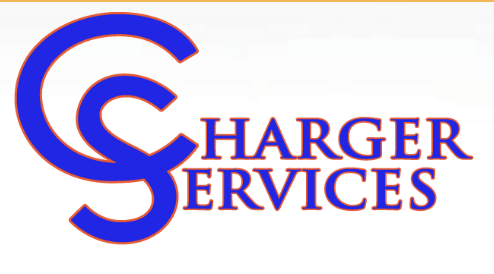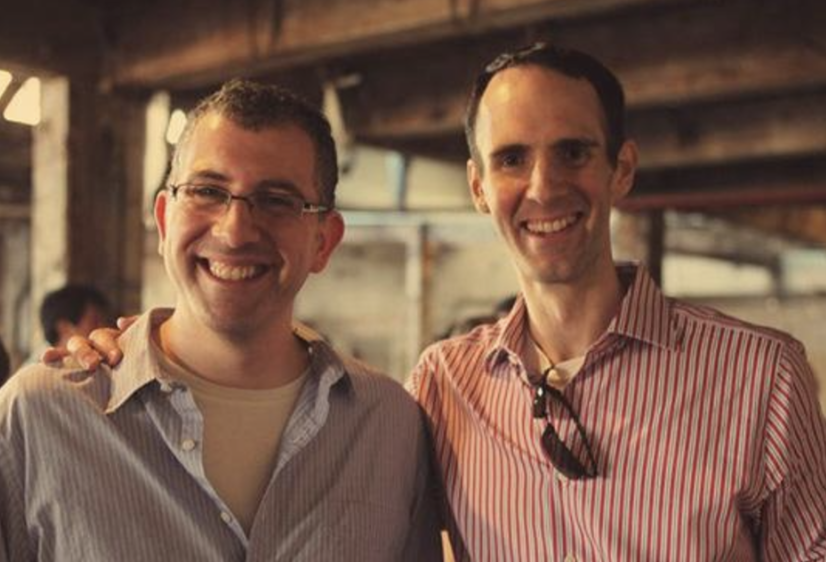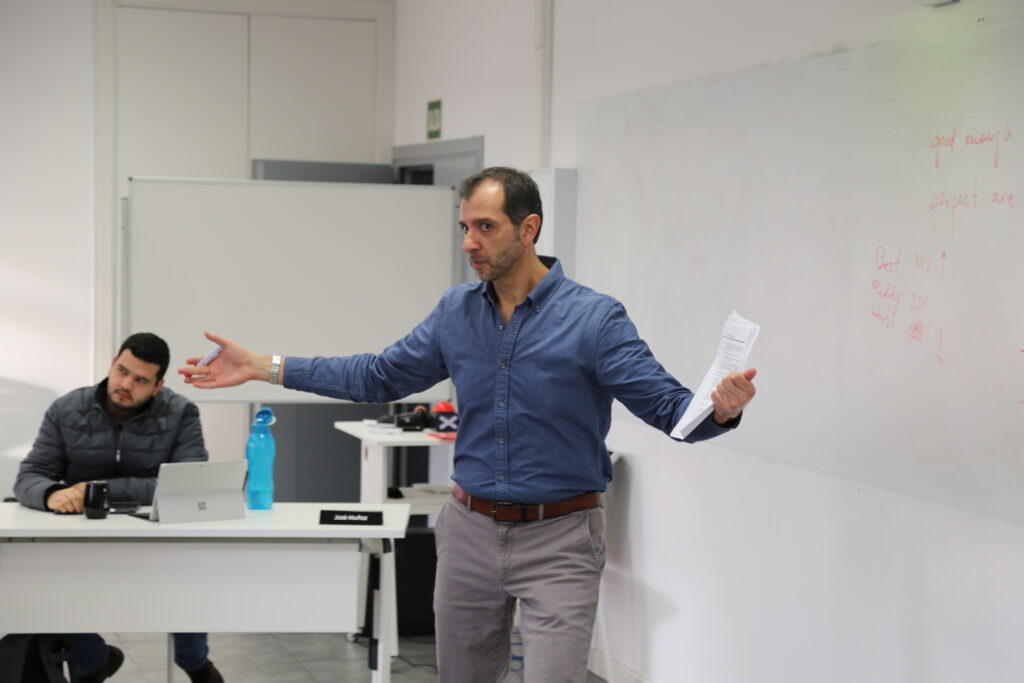Acton Answers: Acton in Action: Raising Money with Vital Interaction
OCTOBER 6, 2014
Acton students are accustomed to wrestling with the tough decisions. In our classroom, they step into the shoes of real-life entrepreneurs and dig deep into their customer, sales, operations, and financing issues in order to make informed, insightful business decisions. They carry these skills with them after they leave the classroom, applying them to their own businesses and endeavors. We like to check in with our alumni and report back on their successes in the real world.
This is Acton in Action!
We recently caught up with Lawson Boothe (’09) and Hugo Díaz (’09), who met at Acton and cofounded the company that became Vital Interaction after they graduated. With the company recently passing its breakeven milestone, they sat down with us and shared some of their growth strategy and their options as they decide whether they will secure an investor or continue to bootstrap.
Dossier
Company: Vital Interaction
Acton Alumni: Lawson Boothe (’09), CEO and cofounder, and Hugo Díaz (’09), chief interaction officer and cofounder
Founded: partnership founded at Acton in 2009; Vital Interaction in August 2010
Headquarters: Austin, TX
Full-time staff: 15
About: Vital Interaction helps healthcare providers communicate with their patients using text messaging and automated voice. Composed primarily of medical group practices, the company’s clients use its technology to quickly and easily confirm appointments, send pickup notifications for medical supplies, and deliver custom messages. To date, Vital Interaction has managed almost 2 million appointments.
Growth
As Lawson and Hugo continue to serve their customers and bring new ones on board, they’re taking a hard look at how they’ll fund their next stage of growth.
They’ve successfully bootstrapped the company to it’s current point, bringing it past breakeven, and they have several additional customer deals and relationships in the wings. In the process of self-funding and bootstrapping the company, they both proved their business model and developed their product without sacrificing equity to third-party investors. They’re currently weighing options to raise money through debt or private equity.
“We could continue to bootstrap and see organic growth, but it would be slow,” said Hugo.
“Inevitably, we’ll need some level of funding to keep growing and acquiring customers,” said Lawson.
“We’re not interested in working with investors who only bring money,” said Hugo. “But if they bring contacts, have the ability to open doors, or are a key player in the industry, then that becomes interesting.”
They’ve been engaged in talks with several lenders and investors, so they’re well placed to determine the best capital and partner strategy.
They’ll direct new growth capital to further streamline their operations and sales process. They report that they plan to reduce their customer acquisition cost by 50 percent.
In addition to serving Texas doctors through direct sales, they also service national clients, reaching them through partners such as Greenway, Allscripts, and Advanced MD. They’re also aggressively pursuing additional reseller relationships that will help them bring Vital Interaction to more healthcare providers across the US.
“I can tell you what I think we’re going to do,” said Lawson. “We’ll evaluate raising money by selling equity and weigh it against our debt option. And we’ll be very honest with ourselves about what we’re good at, and what is the more likely success scenario that will result in a bigger payoff to us. And we’ll consider some lifestyle questions in there as well and what we want in our own lives.”
The Acton Difference
Not only did Lawson and Hugo meet in the Acton classroom, but they also say their time there formed a critical part of the company’s DNA.
“We live and breathe by the skills we developed at Acton,” said Hugo. “Whenever we make tough decisions, we go back to what we learned. Sometimes we even discuss specific cases and the lessons they offered.”
“It’s the glue that sticks everything together,” added Lawson. “And the perseverance skills we developed have been especially valuable.”
Acton has also provided both of them with a broader and more critical insight into their current financing discussions. Although they both still recognize the value in their original ideas on raising money, Hugo and Lawson said that their time in the Acton classroom prompted them both to recognize potential benefits of alternate strategies.
“Going to Acton has really influenced this financing decision for me,” said Hugo. “Otherwise, I would have been much more motivated to raise money earlier and pursue the typical venture capital route.”
“What’s really interesting to me is that my background is all bootstrap start-up,” added Lawson. “My father was a bootstrapper. I worked for an entrepreneurial bootstrapper, worth hundreds of millions of dollars. Acton’s made me realize that, in the right scenario, giving up equity is not necessarily a bad thing. In fact, selling equity can be very good, assuming that it makes the pie bigger.”
“Acton really teaches you how to play things out, in order to plan for the best result,” said Lawson.
Questions? Let Us Know!
Want to learn more about Acton? We’d love to hear from you so feel free to contact us directly!
